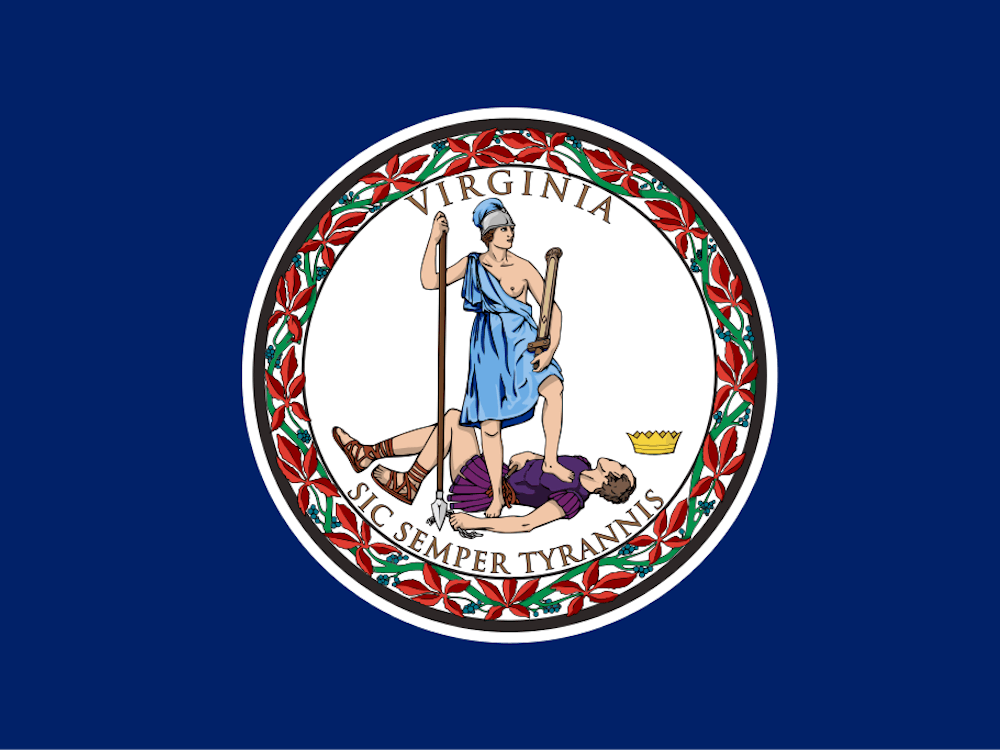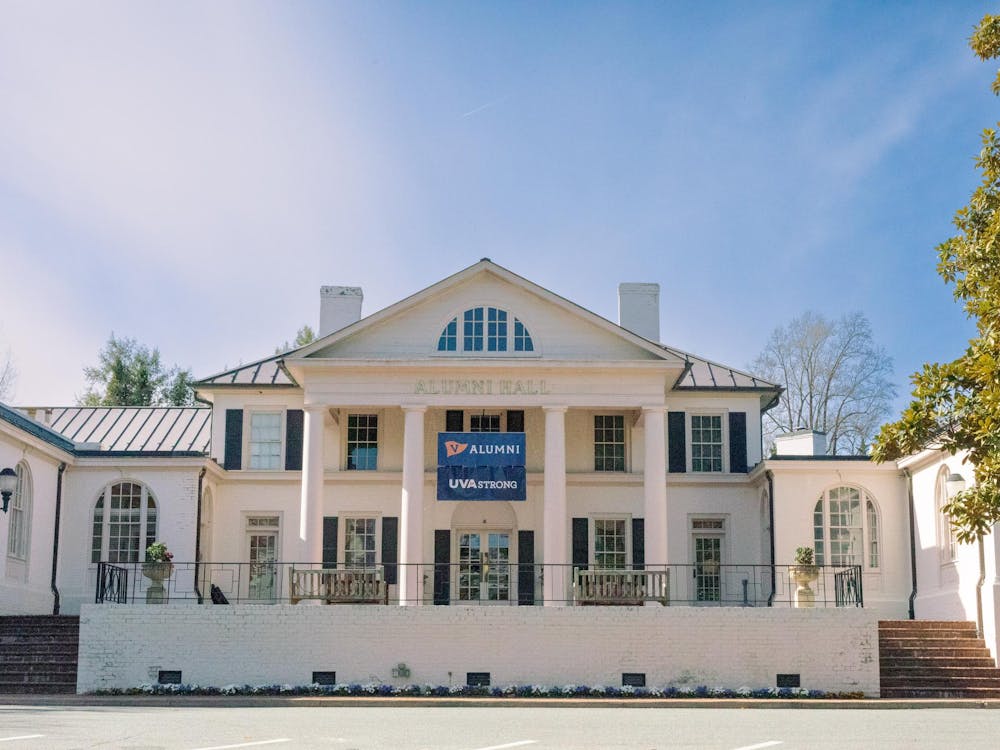MAYBE you heard. In 1970, a group of University students led by James Roebuck, the first African-American Student Council president, held a protest on the Lawn. There they presented a list of grievances to University President Edgar Finley Shannon, requesting the end of the Vietnam War, increased enrollment of black students and the creation of the Office of African-American Affairs. For the most part, their demands were met. "May Day," as it later became known, was a historic event for University students fighting for justice and the end of oppression. Now, some 32 years later, black students at the University have again taken similar historic steps in the continual struggle for equality and inclusion at this institution. These steps extend beyond any one person, organization or grievance -- this is about affirmation and a much needed restoration of a minority community splintered by peers. This is about our community.
What I must acknowledge as a writer is my own participation in this event. Though I am a columnist for the Opinion section, I still felt the grievances presented were definitely accurate in purpose and necessity. As a writer, I was understandably torn about what appropriate action to take. For the past year, I have been the only black opinion columnist on this paper; the people who write for this paper are my colleagues and acquaintances, and the specifics of the protest were against my own organization. From my experiences as a columnist, my ideas, views as well as criticisms have been shaped very particularly. It did not take me long, however, to determine to follow my own heart, which lay with the sentiments of my peers who marched last week. Thus, this viewpoint does come from someone who feels strongly enough that there are indeed things at this University that need to be changed.
What is perhaps most frustrating about the march that took place on the night of October 23, 2002, where over 400 students marched in silence from the Office of African-American Affairs to The Cavalier Daily office located in the basement of Newcomb Hall, is the large portion of students at this University that are still oblivious to the fact that this event occurred. Because of conflicts with journalistic integrity, The Cavalier Daily was unable to run a comprehensive news story about this event until Friday, leaving many University students out of the loop. The few pictures that have circulated can not be expected to fully depict the determination and orderly movement that actually took place. Simply, history was made right under people's noses, and they still have yet to realize it.
Furthermore, this was not a march to commend free speech or reaffirm the First Amendment rights of anyone.
It is pertinent that the entire University acknowledges and recognizes the events that have occurred here in the past week -- the unity that has been revived and the obligation of all to implement change. In the words of one participant, "We must understand that we are involved in a movement and not just a march, a struggle and not merely a statement." Yes, the march is over, but there is still work to be done. The students who made the commitment to joining organizations that they do not feel are fully representative of minority communities must fulfill those obligations. Organizations that are very clearly lacking diversity need to make stronger efforts for recruitment and for providing information. The grievances presented before The Cavalier Daily last week extend beyond this newspaper and any affiliates. These grievances are with every aspect of the University that does not provide equal service to all communities that exist here.
This was not about fervent emotion, overbearing pride or specific attacks on our community. This was not about the reaffirmation of First Amendment rights. This was not about Anthony Dick, or any other singular person. This was about the unity of a community that has not been treated justly by the primary news publication on Grounds. This was about a problem that has escalated for many years, and that we will allow to continue no longer. This was about the fundamental entitlement of each student to feel that he or she is appropriately represented through the lens of the community. This was about equality, inclusion and liberty. These problems have existed in the past, they exist at this very moment, and without the support of our community, they will perpetually continue.
If you were not there, ask someone who was. If you do not understand, ask for more information. There are problems in our community that need to be addressed, but it is going to take the support and cooperation of every member of the community in order to make a difference.
(Amey Adkins' column appears Tuesdays in The Cavalier Daily. She can be reached at aadkins@cavalierdaily.com.)






